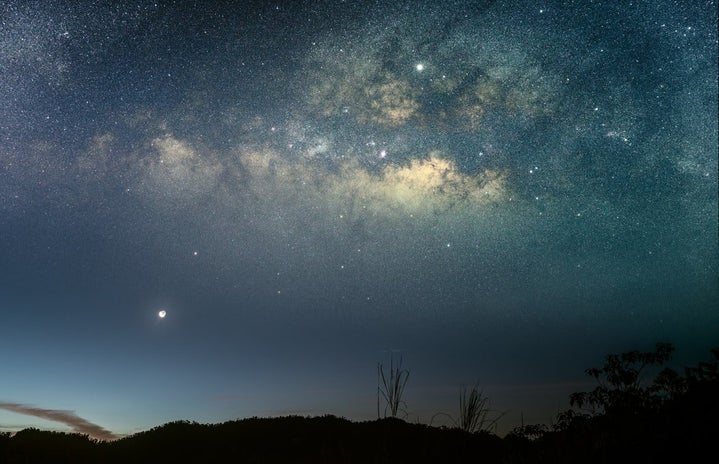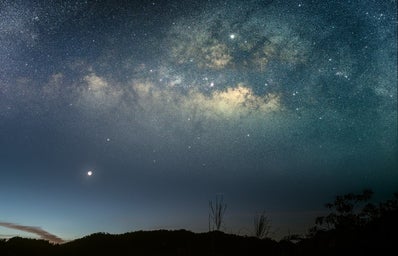If I shower at 9pm in the hall, without fail, there will be these two girls who are just screaming songs at the top of their lungs. Not entirely strange, but what is certainly interesting is that their music taste is almost exact to mine: a mixture of Kpop songs and 2010 songs featuring the likes of Taylor Swift. For someone with a rather limited music repertoire, I knew every single song they played, which was surprising. It was like I never had an original experience, and we had somehow had the same childhood, same teenage years, same comfort songs.
For a large part of my life, I had always wanted to be different and special, especially during my adolescent years. This isn’t surprising — it is usually the time period where people are trying to distinguish themselves from others, and create an identity for themselves. Particularly, I was strongly opinionated, and always held opposite views from everyone else, sometimes just for the sake of it. What everyone else believed in, I wanted to think differently, to show that I’m unique, special, and can hold an independent view of the world. In some ways, I was putting myself on a pedestal by creating distance between myself and my peers, to appear superior and far above everyone else. It was, regrettably, a type of arrogance.
As I grew older however, I realised I’m just as basic as the next person. I realised I’m nothing entirely special — just a girl in the millions, and there was nothing wrong with that. Evidently, from the 9pm karaoke shower sessions, I somehow even had the exact same music taste as someone else out there. My need to be special was because of a deep insecurity about my identity: not knowing who I was made it difficult for me to be the same as everyone else because it feels like you’re nothing, like foam disappearing into vast ocean waves. But I’ve soon realised that being nothing has its merits too. In some ways, it is a privilege even. To be able to blend in, to not be in the spotlight or the target of anything. To be just like everyone else.
We are always so afraid to be nothing. Everyone talks about legacies, leaving behind something to be remembered by. Taking a look at history, how many people do we really remember? Perhaps less than a few thousand or so prominent figures. The rest of the millions and billions of people who lived in their day seem to vanish into thin air, without a trace, and that would be, for the majority of us, a fate we will share.
At the same time, it is these very unnameable people that leave the farthest legacies. Think Lucy, Ardi, or a healed femur from someone’s fossilised remains. These people were nobodies, just like us, and somehow had the luck of nature to be preserved and discovered by modern civilization thousands of years later. It is not the great battles of Genghis Khan and Alexander the Great that we are massively interested in, but in the evolution and history of men, it is the average person in society that matters the most. How they live their mundane lives, how they complain about homework, conflicts and spats between people; this is how we learn about civilization and the world around us, by looking at the people who don’t seem to matter.
Sometimes, it indeed feels like we don’t matter. I am just a type of being, floating on a rock, in the middle of a vast, ever-expanding, never-ending universe. What is 80 years of my life in the totality of things? And yet, I also matter, in the way I impact those around me, in the way I live my life. Maybe someone, someday, in the future, will look at my incinerated bones and interpret how we viewed our world just as we do with our ancestors’ fossilised remains.
To be different from others used to be like a badge of pride to me. Now, however, knowing that I am honestly just like everyone else gives me a sense of solidarity and belonging. Too often, we try to be different in order to stand out; a consequence of the insecurity we feel from not seeming to matter at all. Yet, to be a part of a collective experience larger than self has its certain satisfactions too.


